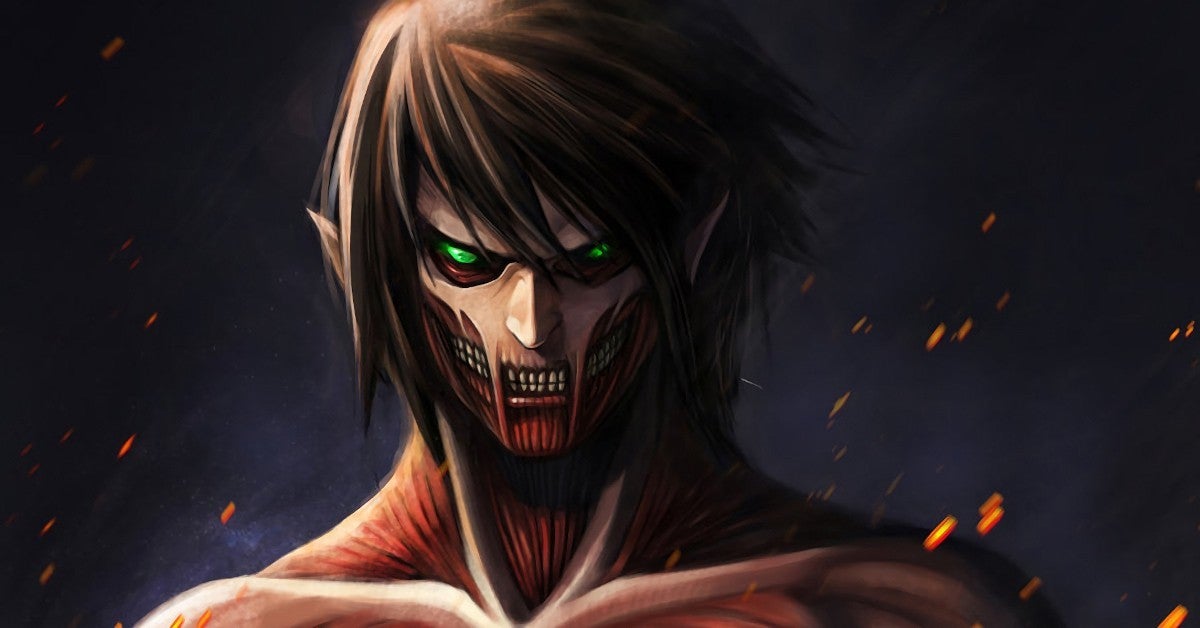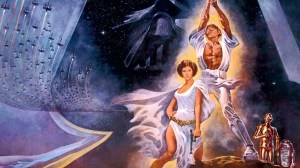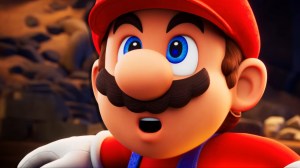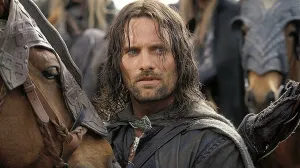Attack On Titan has ended its story with the final chapters of the manga that were released this spring. Attack On Titan’s final arc is now being adapted into the last set of anime episodes, which will be released as Attack On Titan Season 4B in the winter of 2022. However, even though Hajime Isayama has finished the saga of Attack On Titan, a lot of fans still believe there’s more story worth telling. Attack On Titan needs to have a sequel, as the franchise – and the real world – seem to be begging for Isayama’s story to continue – albeit in a new form.
Videos by ComicBook.com
Here’s why Attack On Titan needs a sequel:
First and foremost, Attack On Titan is that rare series where the premise genuinely does outweigh the characters. The history of the subjects of Ymir and Eldia and the power of the Titans is one that can be applied to a whole new set of characters – in a whole new time period – and still be arguably just as attractive to fans as the original series was. In fact, if Attack On Titan is getting criticized for one thing above all others, it’s not really nailing the character arcs and relationships in the best way possible. The ending of the series has a lot of fans especially let down when it comes to character payoff. The introduction of a sequel series where the new characters carry the power and threat of the Titans would be compelling.
An Attack On Titan sequel series would also give Isayama and/or a whole new creative team a chance to really focus on the character arcs and heart of the story, while never losing the spectacle and thrill of the Titans premise. The world-building has been done, so the lane is wide open to make more exciting and powerful use of the characters that populate it.
Obviously, a sequel would also give Isayama or other storytellers a crack at revisiting characters from the original series if so desired, to provide firmer resolution and/or renewed purpose in the series (Mikasa, Armin, Levi). Again, the premise of a section of humanity that can transform into Titans makes either storytelling path (new characters, returning characters, or both) equally viable.

The fact that Attack On Titan fans are used to big jumps in storytelling also works in a sequel’s favor. Isayama made the bold move of shifting perspective in the story in major ways during its run – most notably the shift into the “Marley Arc” of the story. The relocation to Marley and switch of storytelling perspective to Marley’s Warriors was almost like getting a whole new Attack On Titan series. To say it was jarring for fans would be an understatement.
Well, if fans could handle the Marley Arc shift, they could definitely handle jumping onboard with whatever an Attack On Titan sequel throws at them. The sequel could in fact play off the dramatic irony of fans knowing more about Titans than the characters involved in the story, which would be a novel change to the mystery-tinged approach that the original series took.
Finally, Attack On Titan‘s thematic rumination on mankind and our destructive nature is not something that can just end right now. The last year alone has provided more than enough real-world inspiration for why Attack On Titan is exactly the kind of series and story we still need to be considering. With what the world has just collectively experienced (and all the lessons we haven’t seemed to learn), Isayama has plenty to work with.
Do you want to see an Attack On Titan sequel? Let us know in the comments!








